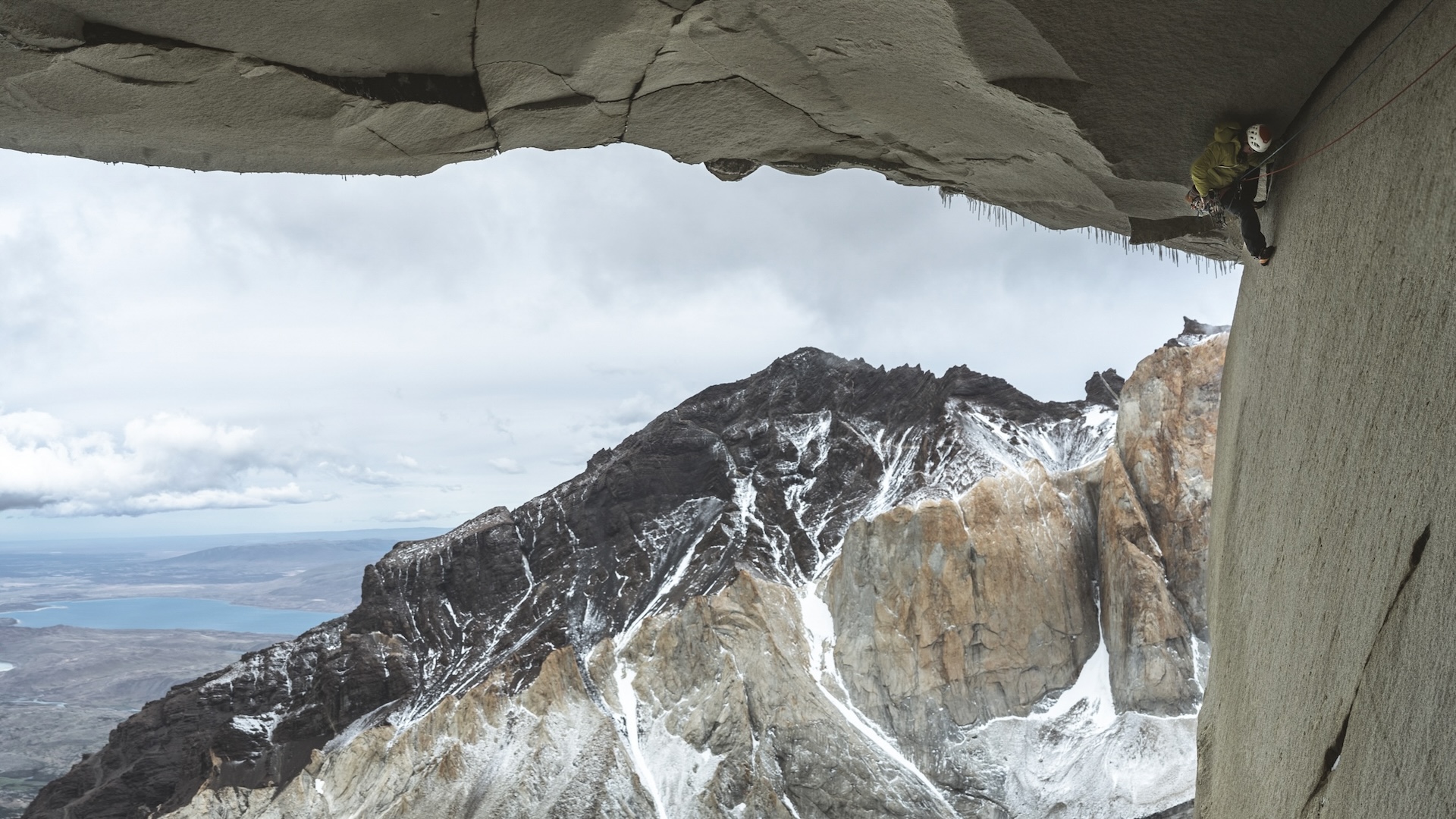
Bringing back an 'old favourite', while giving the product a modern revamp is not always an easy thing to do. This is what Patagonia faced with the reintroduction of the M10, a waterproof and breathable jacket that was much-loved by climbers but discontinued six years ago.
The M10 is now available with a half zip (M10 Anorak) and full zip (M10 Storm) at similar price points.
The brand’s designers knew that alpine climbers are very demanding when it comes to what they wear. They have specific needs and they do not welcome unnecessary weight and fussy features.
The jacket also needs to offer superb waterproofing and breathability for a sport that can play out in very harsh weather. Freedom of movement is also crucial because climbers stretch and move a lot when ascending rock and ice.
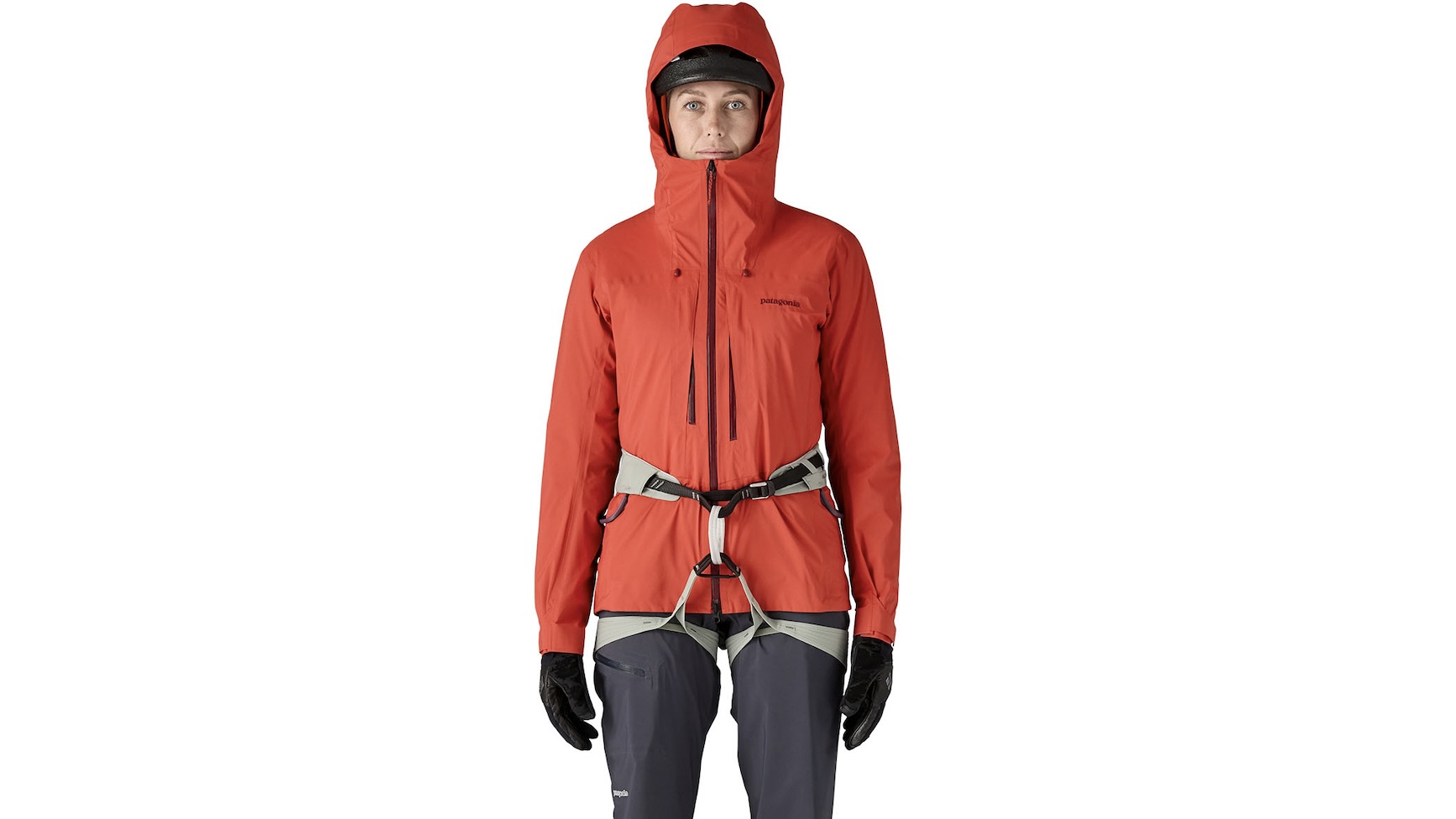
In addition, the brand was aware of how much the climbing community liked the original M10. Field-testing coordinator at Patagonia, Kelly Cordes, said: “It was so clear what everyone wanted from the M10, and that’s why they all liked it in the first place. It’s everything you need and no extra bullsh*t. It’s a Ferrari, a total race car.”
But the M10 stopped being made in 2018 and the gap of six years had seen some innovations in the outdoor clothing industry. Patagonia also wanted to ensure the new M10 collection of jackets and pants used more environmentally-friendly methods during production.
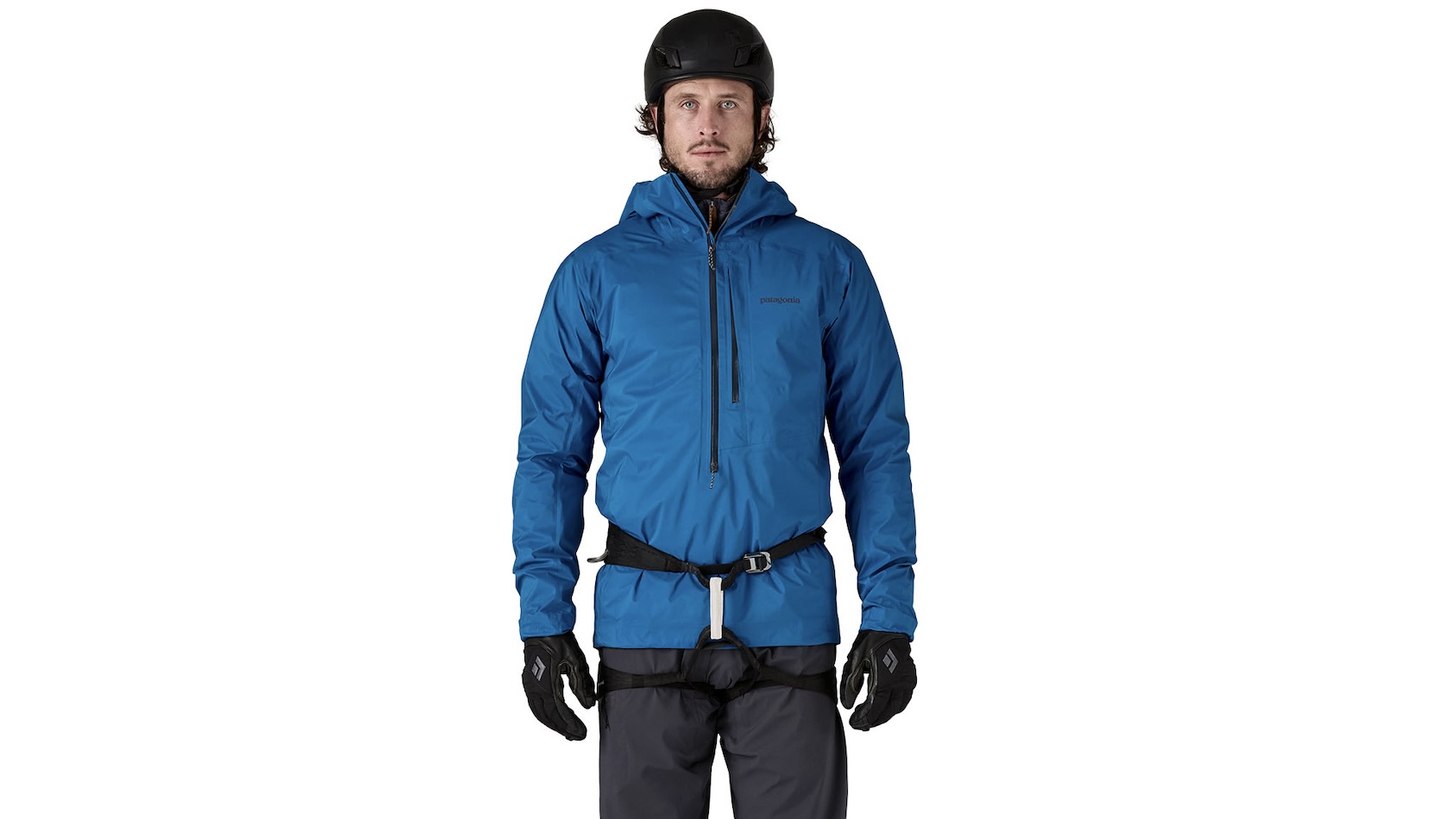
Kelly said: "Bringing back the M10, we knew we could push the materials further. The 2024 M10 Storm styles use an even lighter-weight version of the exceptionally weatherproof, breathable 3-layer fabric technology first used in our Dual Aspect shells in 2021, and made without intentionally applied PFCs/PFAS.”
Interestingly, the M10 benefits from technology lent from then motor manufacturing industry when making car batteries. This has to do with the development of a nanoporous membrane that’s made mechanically, stretching the material to get uniform, nano-sized holes.
The M10 uses an Xpore® nanoporous membrane that Patagonia says has “consistently sized pores that keep rain and snow out but still let sweat and heat escape, resulting in a highly waterproof/breathable material made without harsh chemicals”.
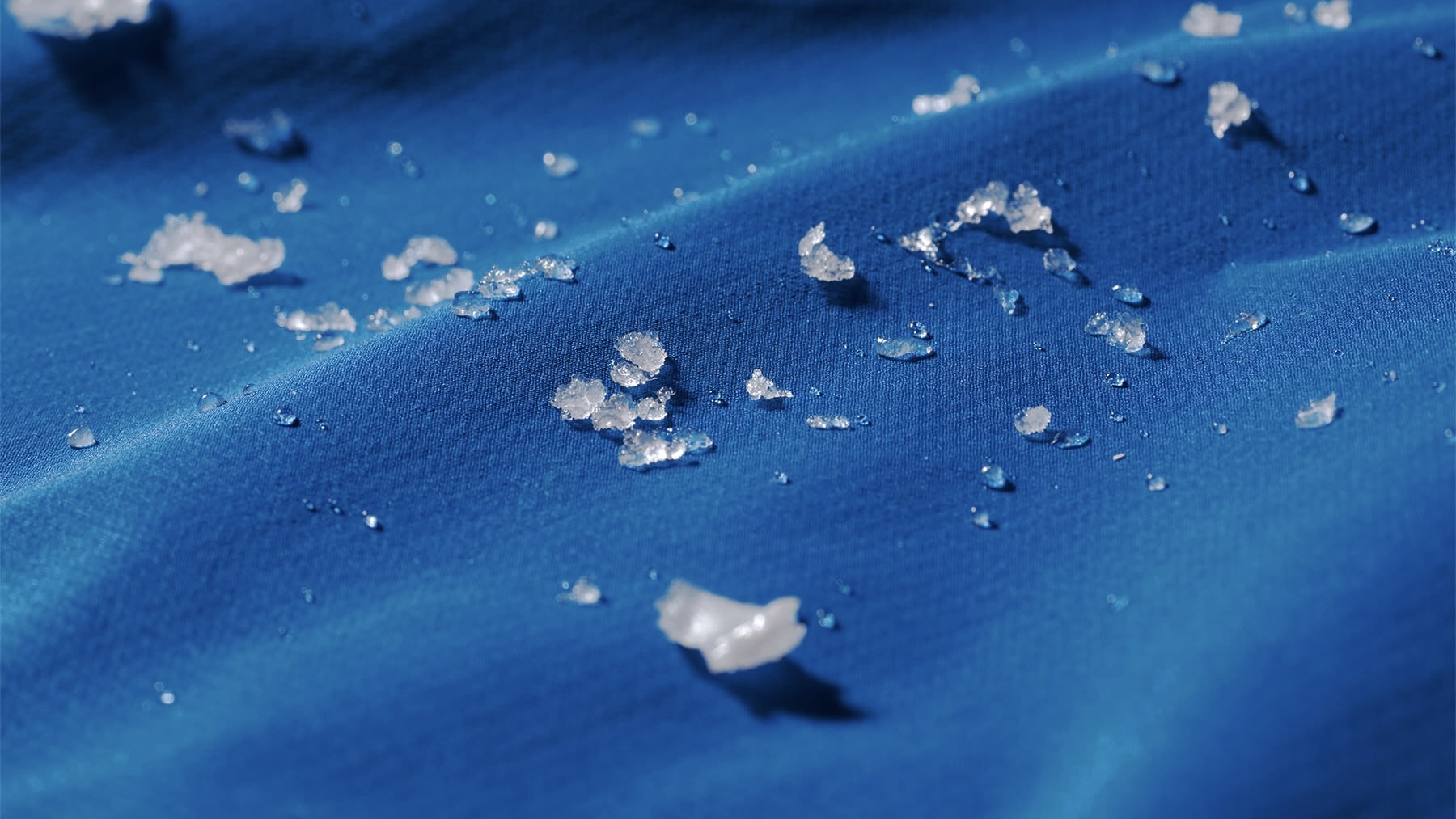
When updating the rangle, Patagonia still faced the issue of the need for “stretch”. One of the complaints of the previous M10 jackets was that the hem moved upwards when climbers stretched up with their arms. The jacket needed to fit with a climbing harness as well.
So, the new M10 jackets have a redesigned underarm gusset to provide better mobility than the original M10. It’s claimed it has “nearly zero hem lift”. This is a brave claim and one that will no doubt be tested and scrutinised by climbers in due course.
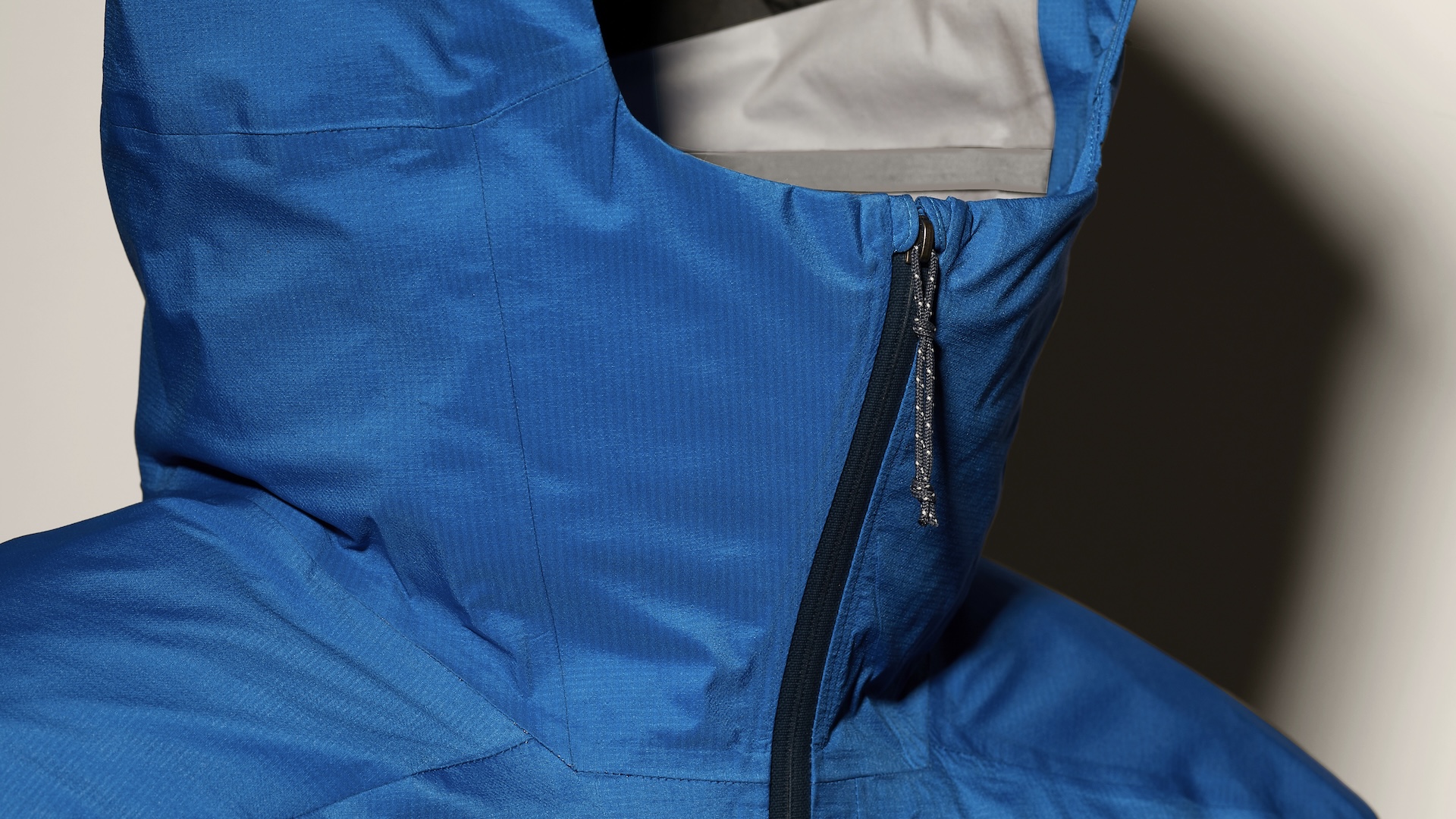
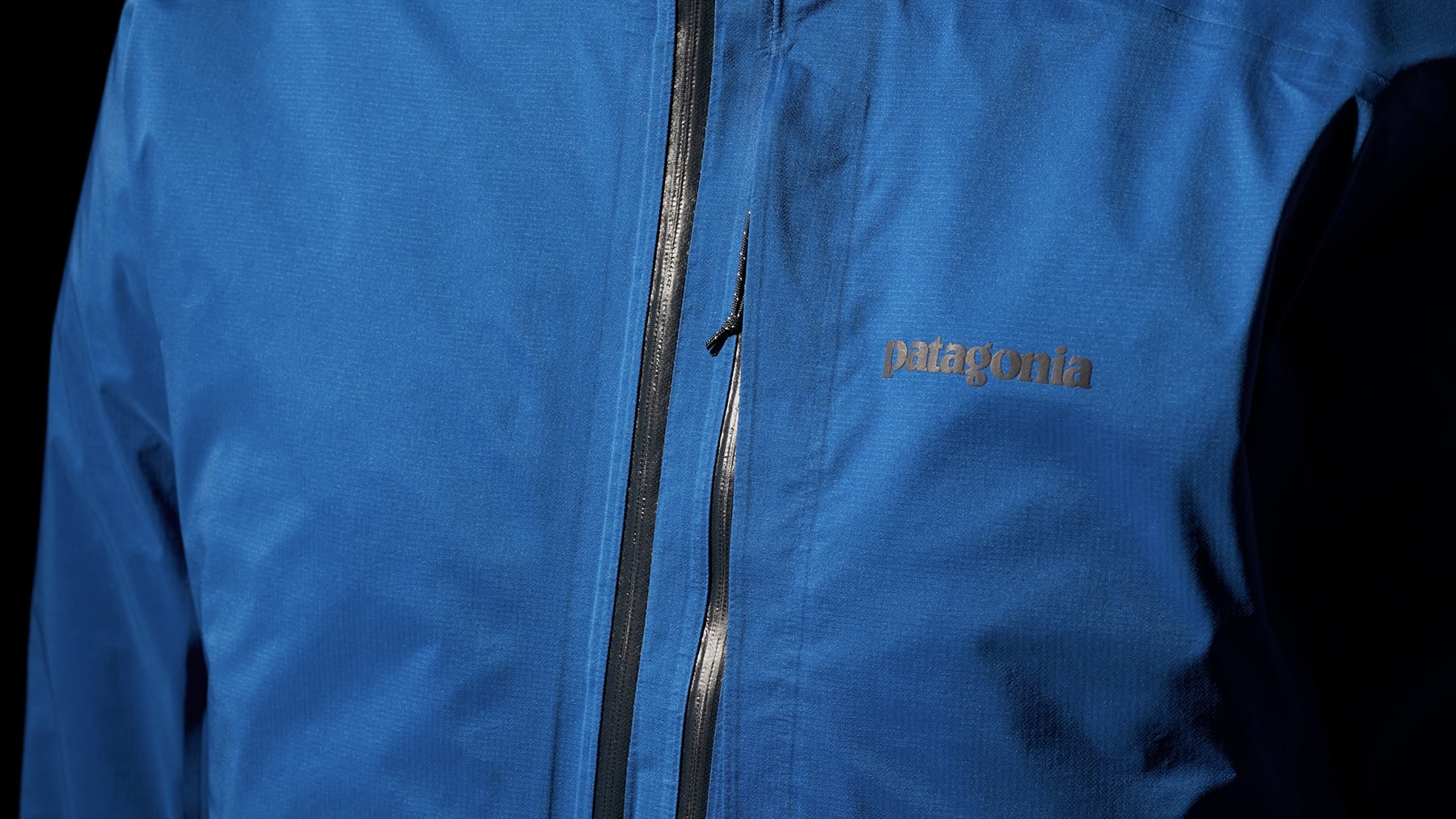
Other new features in the wider Patagonia M10 collection include zipper-free baselayer access on the M10 Storm Bibs for women and a 4-point gusset on the M10 Storm Pants for men.
Across the collection, including the M10 Anorak ($399 / £400), M10 Storm Jacket for men and women (both $379 / £360), M10 Storm pants for men ($279 / £270) and M10 Storm Bibs for women ($399 / £380) is a very quiet fabric – climbers demand no-noise fabrics – and a hood that works well with or without a helmet.
Features are kept to a minimum so there are no pit zips and just two pockets, located at chest height.
Given the popularity of Patagonia’s M10 jacket a decade ago you might imagine that reintroducing it in 2024 is a no-brainer, but it faces stiff competition from good quality competitors in the climbing apparel arena, such as Mammut, Mountain Equipment and Arc’teryx.
Patagonia, although genuinely acclaimed for sustainability in an industry that is often accused of greenwashing, do not sell cheap products and this means each item will be a hefty investment for climbers. Look out for a review soon...







